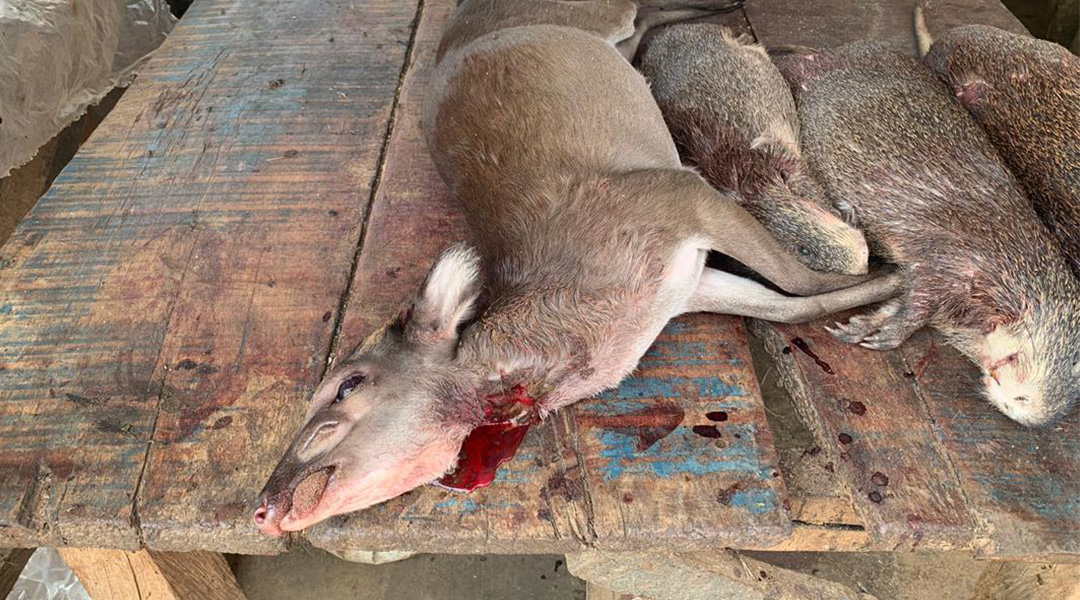Wet markets have been in the spotlight recently due to their possible connection to the origin of the COVID-19 pandemic. The sale of live animals for consumption, such as bats and pangolins, in these markets has raised concerns about the potential for zoonotic diseases to spread from animals to humans. As a result, some countries have taken measures to regulate or shut down wet markets to minimize the risk of future outbreaks. In response to the pandemic, some countries have temporarily banned or restricted wet markets, while others have implemented stricter regulations and increased hygiene measures to reduce the risk of future outbreaks.
Wet markets, along with poor hygiene conditions, create ideal conditions for zoonotic diseases to jump from animals to humans. The sale of live animals for consumption also increases the risk of disease transmission, as the animals may be carrying diseases that can be transmitted to humans. The COVID-19 pandemic has raised concerns about the need for better regulation and oversight of wet markets to minimize the risk of future outbreaks.
What is a wet market?
A wet market is a type of traditional market that typically sells fresh produce, meat, and seafood. These markets are called “wet” because they often feature open stalls where the goods are displayed on ice or in water, and the blood of the animal killed on the spot goes from one species to the next
What is illegal wildlife trade?
Illegal wildlife trade refers to the buying and selling of wild animals and their parts, which is prohibited by law or regulated under international agreements. This trade is driven by demand for rare and exotic species, their body parts and products derived from them, such as ivory, rhino horn, and pangolin scales. The illegal wildlife trade has significant negative impacts on wildlife populations and biodiversity, and also contributes to the spread of diseases like COVID-19. Conservation efforts, stricter law enforcement, and reducing demand through education and awareness campaigns are some of the ways to address this issue.
“STOPPING THE NEXT PANDEMIC” by Nicolas Koutsikas and Emeraude Zervoudis,directed by Xavier Deleu,is 96 min documentary investigating human actons that facilitate virus outbreaks
link to the screener of STOPPING THE NEXT PANDEMIC



